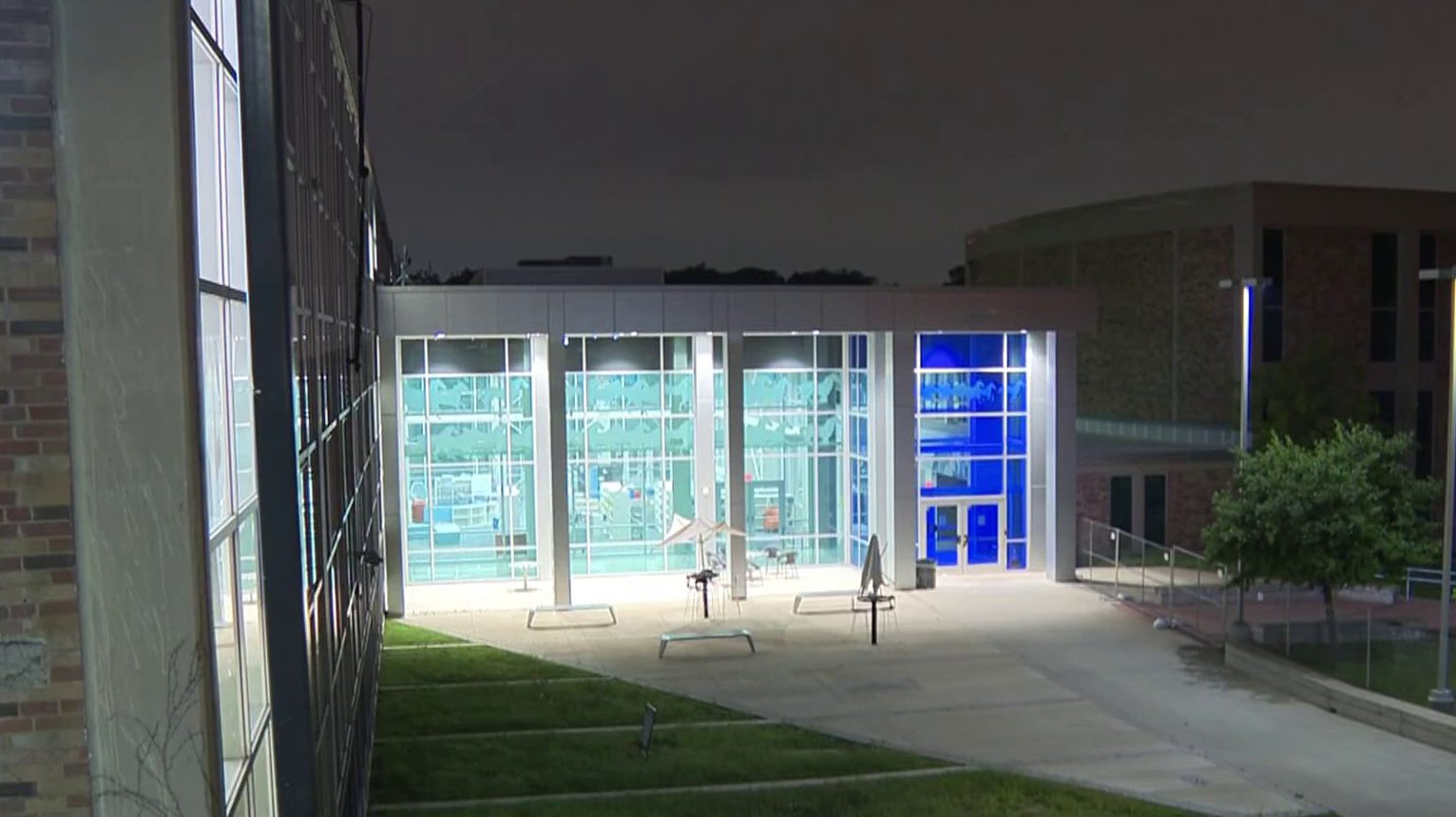The pandemic exposed an unprecedented need for food in North Texas and the vulnerability of working families.
"One paycheck, we knew could put them into a food crisis or into an economic hardship, and that's exactly what we saw," said Trisha Cunningham, President and CEO of the North Texas Food Bank. The nonprofit based in Plano serves 13 counties and in 2020, provided a record 126 million meals.
Relief programs from the federal government -- such as food boxes, expanded benefits, stimulus checks, waivers for what schools could do to feed kids - kept food on the and hunger improved.
Yet, those on the front lines of fighting hunger know the numbers will rise again.
Get DFW local news, weather forecasts and entertainment stories to your inbox. Sign up for NBC DFW newsletters.
"It has to include more than giving hungry people food. As with all complex problems, it's necessary to consider multiple approaches for creating solutions," said Wyonella Henderson-Greene, coalition specialist with Dallas Coalition for Hunger Solutions.
The Dallas Coalition for Hunger is a community organization that's been around for a decade working to make Dallas County food secure by empowering residents to gain equitable access to healthy food.
Henderson-Greene points to community gardens as a success story.
Local
The latest news from around North Texas.
The coalition pushed for changes in city rules that now allow community members to grow and sell food in their neighborhoods as a way to promote economic development and improve access to healthy food.
Still, it's not enough and the search for solutions goes on.
"The conversation continues to be about reducing hunger and improving access to healthy food for everyone. Unfortunately, we haven't made a lot of progress in that regard," Henderson-Greene said.
The coalition's 10th Annual Dallas Hunger Summit is virtual this year. The theme is Top 10 Hunger Solutions - a holistic approach for creating equitable, thriving communities. Speakers from across multiple community sectors will discuss a holistic view of how to solve hunger and impact community health in an all-inclusive way. Applying an equity lens, they will discuss how to create a more food secure and just food environment for everyone. The goal is to explore the innovative, collaborative steps underway in communities, and the policies that can assure access to healthy, nutritious food and optimal health for all.
The coalitions has a list of the Top 10 Hunger Solutions:
- #1 Affordable Living
- #2 Eliminate Food Deserts and Create Nutrition Secure Communities.
- #3 Hunger as A Health Strategy
- #4 Collaborative Partnerships to Enhance Community Work
- #5 Access to Transportation
- #6 Close Technology Gaps
- #7 Continuous Education to Build Awareness and Develop Advocates
- #8 Expand Eligibility for Government Supported Food Assistance
- #9 Food Justice/Food Sovereignty
- #10 Innovative Pilot Programs with Human-Centered Design
The summit happens over three Fridays - Sept. 17, Sept. 24 and Oct. 1. It's open to the public with registration through Eventbrite. For further information, contact wyonella_henderson-greene@baylor.edu.



